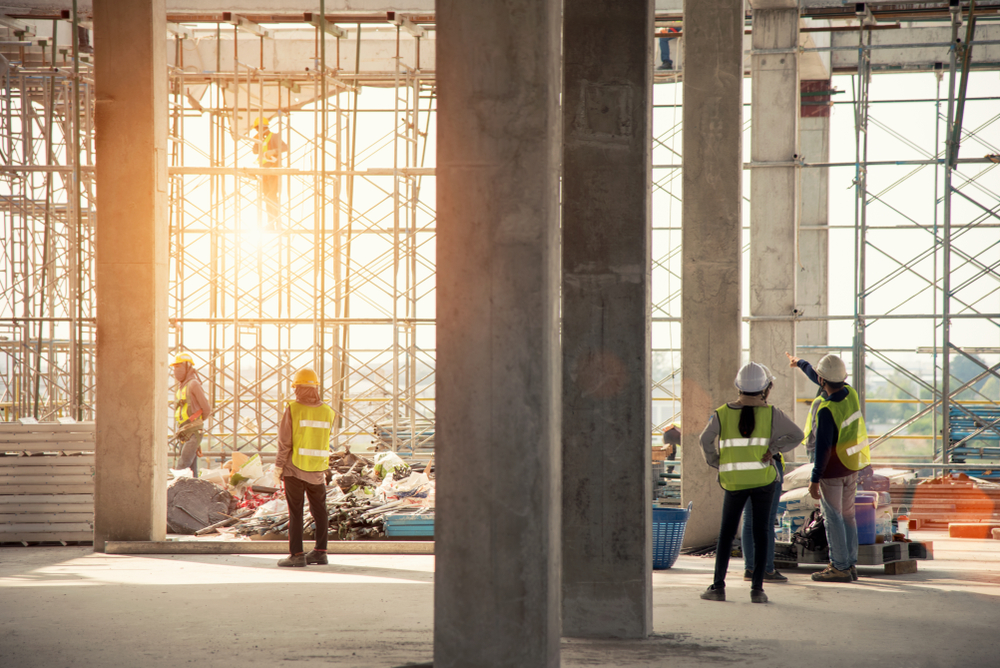CIS vs IR35
The construction sector has been wrestling with the vagaries of the Construction Industry Scheme (CIS) for decades but change is afoot again, with the introduction of IR35 updates for medium and large companies in the sector.
Introduced to reduce the problem of non-payment of tax by subcontractors, the CIS collects income tax from earnings at the source. However, already in operation within the public sector since 2017, IR35 changes will be extended to private sector businesses and will take precedence over CIS from April 2020.
The legislation is designed to assess whether someone is a genuine contractor or a ‘disguised’ employee. If caught by IR35, these ‘disguised’ workers have to pay income tax and national insurance (NIC) as if they were employed – a significant financial impact.
Arguably representing the most significant changes to employment taxation in recent years, the impact of the new reforms will be sizeable and businesses are advised to put processes in place to prepare for April 2020. These changes affect private sector medium and large organisations – those that meet at least two of the following conditions:
- annual turnover more than £10.2m
- balance sheet total more than £5.1m
- more than 50 employees
How will IR35 impact large and medium construction businesses?
The IR35 rules apply to any contractor who works for an end-user business via an intermediary business which could be their own Personal Service Company (PSG). The end-user will need to carry out an employment status assessment for their contractors and payroll tax and NIC will need to be withheld from the contractor’s fees. The IR35 rules take precedence over CIS and will need to be factored into the current process when dealing with construction contractors.
When does IR35 apply?
HMRC proposes that all CIS registered workers will be counted as ‘employees’ under PAYE rules unless they comply with these conditions:
- Control
There must be absolutely no (or minimal) control over the worker and they must provide all the necessary plant and equipment to complete the work. - Mutuality of Obligations
Workers must show that they can turn work down and that they are not obliged to take on the work from the company. - Substitute
The contractor should be able to provide other personnel of the same skill level to complete the work and the substitute should be engaged and paid during the same year. - Insurance
The worker must have paid public liability insurance or other relevant business insurances.
Preparing for IR35
Understanding and assessing the status of your current contractor population and their roles/skills is critical and might include renegotiating commercial arrangements and communicating with those who are affected. It would be wise to seek HR advice to ensure proper employment rights are upheld, such as holiday pay and other benefits, before establishing the new processes and systems necessary to maintain compliance beyond April 2020.
Reverse Charge VAT
From 1 October 2019, HMRC will introduce a VAT domestic reverse charge for building and construction services following consultation in 2017/18. A guidance note is available, with more assistance likely to be available before October.
CRM has worked with construction businesses of different sizes for many years and has a wealth of knowledge to guide organisations through the upcoming changes to the sector. Call the team on 01865 379272 for friendly advice.

